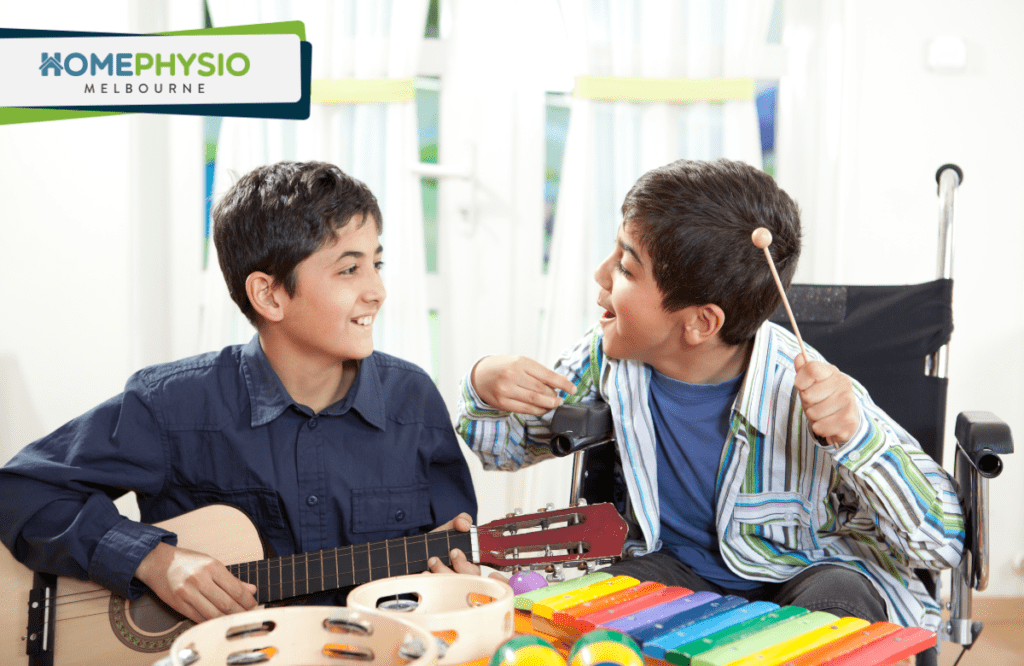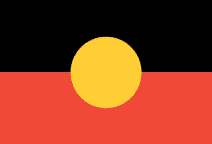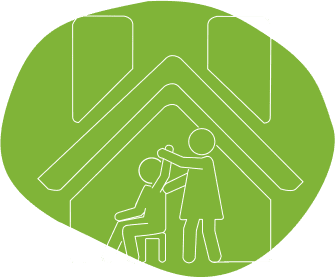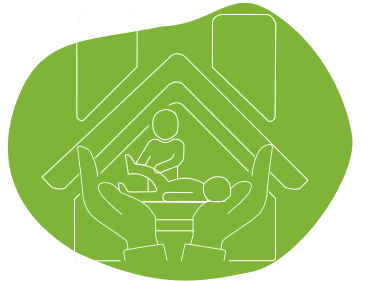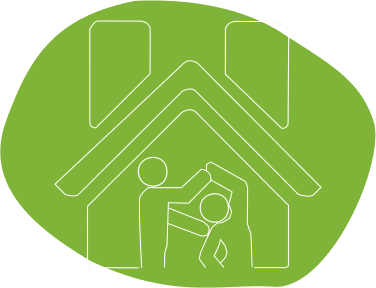There’s no doubt that music profoundly affects our emotions and moods. It can make us happy, sad, energetic, relaxed – the list goes on. And for people with health conditions, music therapy can provide many benefits.
Let’s explore some of the critical benefits of music therapy and how it can help improve your health.
What is music therapy?
Music therapy is the clinical application of music to achieve individualised goals such as stress reduction, mood enhancement, and self-expression. It is a well-established evidence-based therapy in the medical community. Listening, singing, playing instruments, or composing music are all examples of music therapy experiences. It is not necessary to have musical abilities or talents to participate.
Music therapy can help you in various ways, including psychologically, emotionally, physically, spiritually, cognitively, and socially.
The 5 primary benefits of music therapy
1. Music therapy helps improve pain management
Music therapy has been shown in studies to improve the body’s capacity to handle pain. It may be beneficial to:
- Reduce pain perception by increasing the body’s natural painkiller production.
- Help patients recover faster from medical procedures.
2. Music therapy helps improve mental health and wellbeing
Music therapy has been shown in studies to improve mental health and well-being. It may be useful to:
- Reduce stress or anxiety.
- Regulate moods and energy levels.
- Boost motivation.
- Control your rage and frustration.
- Control difficult behaviour.
3. Music therapy helps improve body movement, coordination and physical function
Music therapy has been shown in studies to improve body movement, coordination, and physical function. It may be effective to:
- Enhance your gross motor function and control.
The more significant movements you make with your arms, legs, feet, or entire body are called gross motor skills.
- Enhance your fine motor function and control.
Fine motor skills are movements with wrists, hands, fingers, feet, and toes.
- Improve your balance.
- Improve your physical independence.
- Assist in regulating heart rate, breathing rate, and blood pressure.
- Increase the strength and control of your respiratory muscles.
- Improve your sleep.
4. Music therapy helps improve memory, attention and cognitive function
Music therapy has been shown in studies to improve memory, concentration, and cognitive function. It may be useful to:
- Increase self-awareness, inhibition, nonverbal and verbal working memory, emotional self-regulation, self-motivation, planning, and problem-solving.
- Improve your memory and attention span.
5. Music therapy helps improve speech, communication and social skills
Music therapy has been shown in studies to improve speech, communication, and social skills by helping:
- Improve your verbal and nonverbal communication skills.
- Enhance physical speech function.
- Improve your social communication abilities.
- Boost social interaction.
- Increase your independence.
- Provide new and positive approaches to dealing with situations.
Who benefits the most from music therapy?
Music therapy can help people of all ages who face mental, intellectual, physical, emotional, or social challenges or want to improve their well-being.
Music therapy is frequently used to treat a variety of conditions that affect mood, thinking, behaviour, communication, and movement, such as:
- Dementia
- Bipolar disorder
- Attention deficit hyperactivity disorder (ADHD)
- Eating disorders
- Personality disorders
- Autism
- Depression
- Neurodegenerative conditions
- Anxiety
- Cancer
- Spinal cord injury
- Schizophrenia
- Post-traumatic stress disorder (PTSD)
- Physical disabilities
- Stroke
Music therapy can also help patients cope with stress, discomfort, and pain in hospitals and healthcare facilities. It is used to assist patients suffering from:
- Cancer and blood and bone marrow disorders
- Advanced diseases with little or no chance of recovery or cure
- Had a stroke or brain injury
- Mental illnesses
- Experienced surgery or other medical procedures
What are the goals of music therapy?
Music therapy’s overall goal is to achieve objectives that meet the needs of the individual. A few examples are improving motor function, social skills, emotions, coordination, self-expression, and personal growth.
The following are common goals in music therapy:
- Communication skills (including the use of vocal/verbal sounds and gestures)
- Social abilities (making eye contact, turn-taking, initiating interaction, and self-esteem)
- Sensory skills (through touch, listening, and levels of awareness)
- Physical capabilities (fine and gross motor control and movement)
- Cognitive functions (concentration and attention, imitation, and sequencing)
- Emotional intelligence (expression of feelings non-verbally)
What does music therapy do to the brain?
Music has been shown to facilitate neuroplasticity, improving quality of life and overall functioning. Studies show that music activates cognitive, motor, and speech centres in the brain by accessing shared neural systems. Music stimulates activity in frontal, temporal, parietal, and subcortical areas in addition to the auditory cortex.

Final thoughts on the benefits of music therapy
Music therapy is an evidence-based treatment modality for a variety of disorders. Some advantages include reduced stress, pain or anxiety, improved quality of life, and lower blood pressure.
We can all attest to the power of music, which makes using it as a teaching, calming, and recovery tool a viable therapy to contemplate.
Book an appointment with us today! Our team of experts will lead you down the best treatment path for your condition.
Author
-

Hub & Spoke is a unique Allied Health service that delivers the latest in therapies and treatments to you both in-home or at work to make health care accessible to everyone.
View all posts



